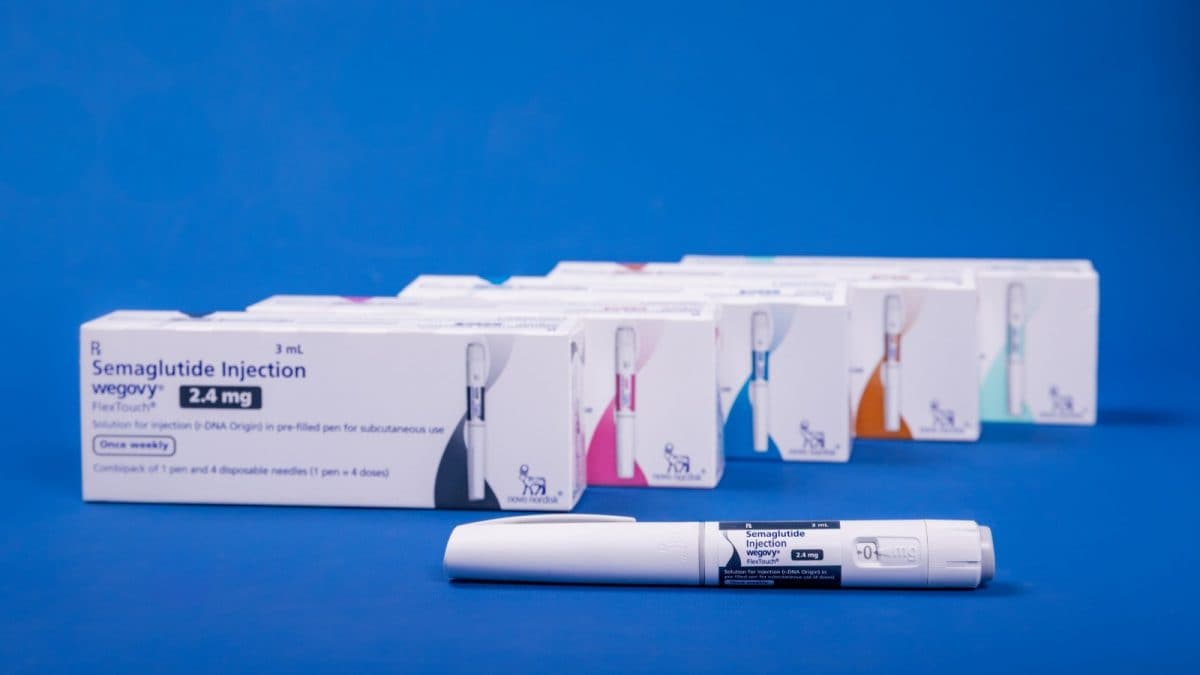The story so far: On December 23, 2024, 37-year-old D. Gnanasekar, who ran a roadside biriyani shop named Gravity Biriyani, entered the Anna University campus at Guindy in Chennai on his two-wheeler, and raped an engineering student. Cognisant of the topography of the varsity, he was even well aware of the coverage area of CCTV cameras and their blind spots on the campus. The shocking incident, which occurred right inside the university campus, the manner in which the survivor reacted to it, the response — or the lack of it — from the women’s helpline number 181, the subsequent police action, and the 199-page judgment delivered by the Mahila Court sentencing the convict to life imprisonment without any remission for 30 years, serve as a wake-up call for all stakeholders involved in women’s safety.
What was the modus operandi?
According to the police, the modus operandi of the accused was to identify young couples on the campus, threaten to complain about them to the college management, and then take the women to secluded places before sexually assaulting them. Besides the complainant in the present case, another student too had told the police about the accused having attempted a similar crime against her on the university campus on December 22, 2024. However, a security guard’s whistle from a distance saved her. Though this student was included as a prosecution witness in the rape case, no separate charge with respect to the sexual assault attempt on her was framed against the accused because she had failed to identify him during the test identification parade conducted by the police at Puzhal central prison. In her deposition during the trial, the student witness told the court that she did not identify the accused in prison due to fear, but realised it was big mistake much later.
The police also informed the court that yet another student of the university had lodged a complaint alleging that the accused had confronted her when she was speaking to her boyfriend on the college campus, and subjected her to sexual assault on December 24, 2021. Her complaint was under investigation by the Crime Branch-Criminal Investigation Department (CB-CID).

The police also found that the mobile phone seized from the accused contained a video of the sexual act that he had forced the survivor to perform on the university campus. Apart from this video, there were 19 other obscene videos on the mobile phone, and a forensic examination confirmed that all 19 were “screen recorded by the accused on various incidents” and not the ones downloaded from any porn site.
How did the women helpline 181 react?
Immediately after the incident at around 8 p.m. on December 23, 2024, the survivor had telephoned her sister, who was also a student of the same university but had gone to her hometown after the semester examinations. The sister, in turn, told the entire family, and they sought the assistance of a lawyer friend. The lawyer made a conference call to the women helpline number 181 and asked the survivor to narrate the incident. The call centre had connected the call to the One Stop Crisis Centre (OSCC), serving under the aegis of the Union Ministry of Women and Child Development, at Tambaram Sanatorium in Chennai.
A case worker serving at the OSCC, on night duty, asked the survivor to send a written complaint on her WhatsApp number. The student did so at around 1:30 a.m. The case worker then forwarded the complaint to her administrator in the morning and left office on completion of her duty at around 7 a.m. Since no help was forthcoming from the OSCC, the survivor contacted the advocate again and dialed the police control room number 100 on his advice. All this took considerable time, resulting in a delay in lodging a police complaint, which was registered only at 4 p.m. on December 24, 2024.

The defence lawyers attacked the prosecution case by referring to the delay in lodging the complaint in such a serious case. However, the Mahila Court discarded the attack by stating that the delay had been caused due to the inaction and lethargic attitude of the OSCC.
Were the police sensitive enough?
Within minutes of calling the control room, the survivor received a phone call from the Kotturpuram police station asking her to come there. However, her lawyer spoke to the police and told them she had to attend an examination that day. He requested the policemen to visit the university in plainclothes to receive the complaint from her. Despite the request, one of the two policemen who visited the university was in uniform. The survivor also told the trial court that the police initially discouraged her from lodging a complaint by stating that “it might reach the media.”
Nevertheless, since she was determined to lodge a complaint, the police spoke to the University Registrar and obtained her complaint at the office of the Internal Complaints Committee (ICC) on the university campus. Contrary to these facts, the First Information Report (FIR), shockingly, read as though the complaint was received at the police station. The defence counsel attacked the prosecution case on the basis of this contradiction too.
When quizzed about it, the Inspector of Police claimed that it was a typographical error. However, the trial court refused to accept the explanation. The court said that it was a condemnable fault committed by the Inspector, but such a fault could not be used by the accused to escape from the clutches of law, especially in light of the sterling evidence adduced by the rape survivor.
Did the court accept the plea of alibi?
To disprove the prosecution case, the defence lawyers had examined the wife of the accused before the trial court to contend that he was with her all day on December 23, 2024, and therefore, there was no chance of him having gone to the Anna University campus. The trial court, however, rejected the contention by stating that a mere oral evidence of the wife would not be sufficient to prove the plea of alibi without supporting such evidence with other independent, reliable, and concrete materials.

Even when it came to sentencing the accused, the trial court refused to show any leniency, despite the convict claiming that he had a daughter studying in Class VIII, apart from two school going sons. Taking note of multiple sexual assault complaints against him, the court said that he might end up repeating such offences in the future too if a lesser sentence was imposed on him.
The court also took note that the convict had been booked in as many as 37 other criminal cases in which he had been accused of house trespass, theft, robbery, burglary, and so on since 2010. Five of those cases had ended up in conviction but he had got away with lesser sentence.



.png)
.png)
.png)
















 4 hours ago
3
4 hours ago
3









 English (US) ·
English (US) ·